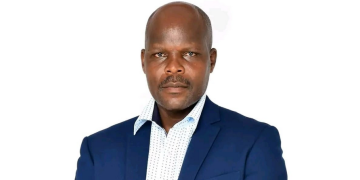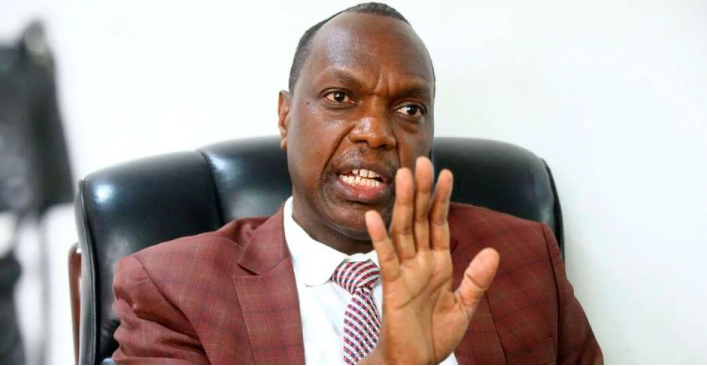Valentine’s Day is often seen as a special occasion for expressing love and appreciation. For many, this includes exchanging gifts as a way to celebrate the relationship.
However, what happens if your partner doesn’t give you a gift? Should you be upset, or is it something that can be overlooked?
Here’s a comprehensive guide on how to navigate the situation with understanding and open communication.
1. Reflect on Your Expectations
Before jumping to conclusions, take a moment to assess your expectations. Ask yourself:
Did you and your partner discuss exchanging gifts?
Have they usually given gifts in the past, or is this their usual approach?
Is receiving gifts a significant part of how you feel loved?
Understanding your expectations can help you determine if your disappointment stems from a true oversight or a difference in how you both express love.
2. Consider Your Partner’s Perspective
Not everyone views Valentine’s Day the same way. Some people may not see it as a big deal, while others may express love in different ways beyond material gifts. It’s essential to consider:
Is your partner typically expressive in other ways, such as acts of service or quality time?
Are they going through financial difficulties that may have prevented them from buying a gift?
Do they value other forms of connection, such as writing a heartfelt letter or spending quality time together?
3. Communicate Without Accusations
If you feel hurt or disappointed, the best approach is to communicate openly rather than harboring resentment. Instead of accusing your partner of neglecting you, try expressing your feelings in a non-confrontational way. For example:
“Hey, I noticed you didn’t get me anything for Valentine’s Day. I’m not upset, but I’d love to understand if there’s a reason behind it.”
“Valentine’s Day is special to me, and I appreciate small gestures. I’d love to know how you feel about it.”
Having an open and honest conversation allows both of you to understand each other’s perspectives and set expectations for future celebrations.
4. Appreciate Other Forms of Love
Gifts are just one way to express love, but they are not the only way. Consider whether your partner made an effort in other meaningful ways, such as:
- Planning a special date or activity
- Writing a heartfelt message
- Offering physical affection, like hugs and kisses
- Helping with something important to you
Sometimes, love is shown in ways that aren’t tangible, and recognizing these efforts can help shift your focus from what you didn’t receive to what you did.
5. Set Clear Expectations for the Future
If gifts are important to you, communicate this to your partner for future occasions. Some people may not realize how much receiving a gift means to their significant other. Consider saying:
“I really appreciate thoughtful gifts, even small ones. They make me feel special.”
“For special occasions, I love exchanging gifts. It’s something I look forward to.”
By expressing your desires in a kind and non-demanding way, your partner will better understand what makes you happy.
6. Know When It’s a Red Flag
While missing one gift-giving occasion may not be a dealbreaker, consistent neglect of your emotional needs could be a sign of deeper relationship issues. Ask yourself:
- Does my partner generally make an effort to make me feel valued?
- Do they dismiss my feelings when I express disappointment?
- Are they unwilling to compromise or meet me halfway?
A healthy relationship should involve mutual appreciation and effort. If you feel unappreciated beyond just Valentine’s Day, it may be time to discuss broader concerns.
Final Thoughts
At the end of the day, Valentine’s Day is just one day out of the year, and a missed gift does not define the strength of a relationship. What truly matters is feeling loved, valued, and respected by your partner.
Through honest communication, understanding different love languages, and setting clear expectations, you can ensure that both of you feel cherished—not just on Valentine’s Day but every day of the year.










































